Active Processing is an interactive way to move into discussions (debrief) about important topics (related to desired outcomes) after a specific activity or at the end of a program. (Michelle Cummings and I talk about this technique in Episode 66 of our podcast.)
How I Plan to Use This One
During a program I will create small groups (of three or four) after an activity to discuss specific concepts related to the activity. The first time I use Rope Scripts 2.0 (Scripts), I'll have each group spell three-letter words, like 'fun' and 'see' – asking them to discuss these concepts (see below for prompt questions).
After another activity I'll create new groups (of three or four) asking them to discuss (four-letter word) concepts like 'Help,' 'Stop,' and 'Keep' (see prompts below).
At the conclusion of the program I'll create new small groups and ask them to discuss (five-letter word) concepts, like 'Learn,' 'Tough,' and 'Build,' looking back over the entire program (see prompts below).
NOTE: I will use Scripts along with a few other processing tools to keep things fresh and inviting.
In this processing version, you will be giving the groups the words they will attempt to make. These words will be related to concepts you would like them to discuss – concepts related to some of the outcomes of the group as much as possible.
Three-Letter Words: (After an activity.) Ask each group to tie three buddy ropes together, then, working together, spell (Script) and then discuss:
'Fun' – "Use your three-length rope to spell fun. Once you have it spelled, be sure to admire your good work, and then have a short discussion about some of the fun things that happened during the last activity. Be sure to share why these things were fun for you."
'See' – "What did you see during the last activity that impressed you about others in the group and discuss why, what you saw, is important to you."
After the 'See' discussion, invite groups to share out some of the important things they saw in other group members so everyone can learn about some of the capacity in the group. Then, you're off to the next activities....
'Keep' – "Discuss in your small groups, what you believe we should all keep doing to continue the success we've been experiencing and why you believe what we should keep doing is important." (Share out some of the group findings with the entire group if you have time.)
'Stop' – "Discuss with your group, what you believe we should stop doing in order to be a better team." [Another good four-letter word to talk about.] (Share out some important points with the whole group.)
'Help' – "Discuss with your small group how you observed others helping during the last activity and why it was important." And/Or, "In what ways could we help each other more in order to acheive the goals we have for ourselves?" (Share out some important insights before moving on.)
'Build' – "We were team building today. Discuss in your groups: What did we build together after going through all the activities?"
In the spirit of a 'closing' reflection, be sure to get some input from each group – sharing with the whole group. The idea (for closing reflections) is to facilitate the transfer of learning. How will what they practiced during the program benefit their everyday lives?
'Tough' – "During our team building, what was tough for you – what made you really think, challenge your patience, or frustrate you?" And, "Why is it important to go through though things?" After the discussion, share out insights with the whole group.
'Learn' – "Discuss with your small group some of the things you all learned from the experience we had together, and why these learnings are valuable to you."
Ending with a discussion about learnings can really anchor some of the take-aways (the transfer to everyday life).
All the best,
Chris Cavert, Ed.D.





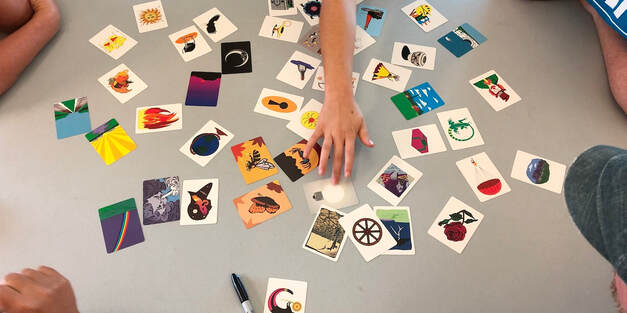
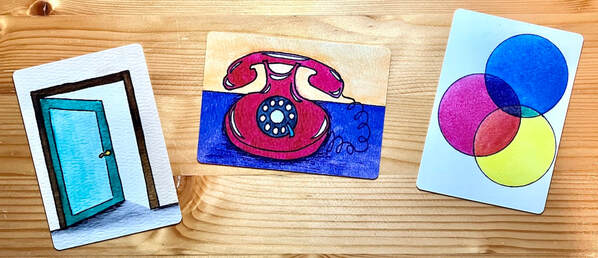
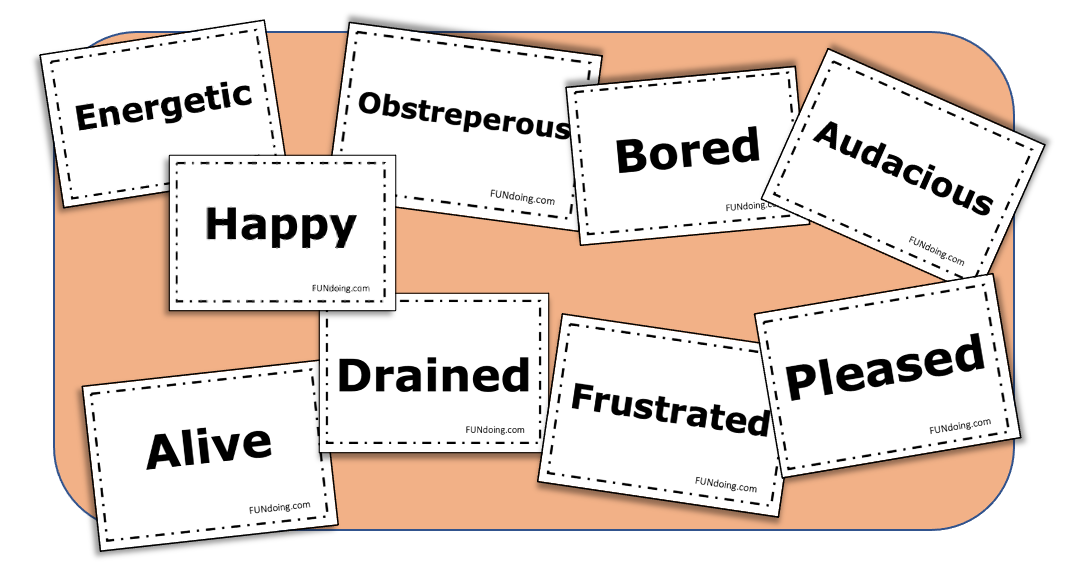
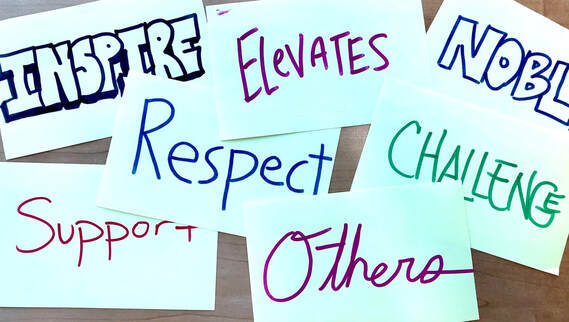
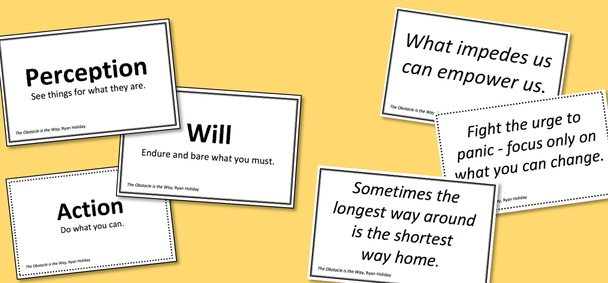
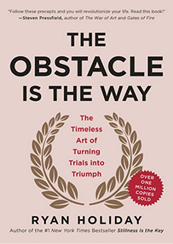

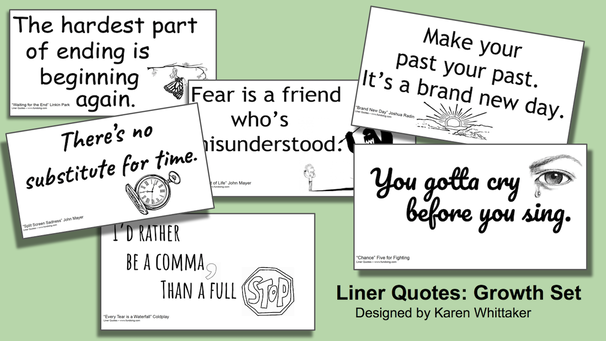
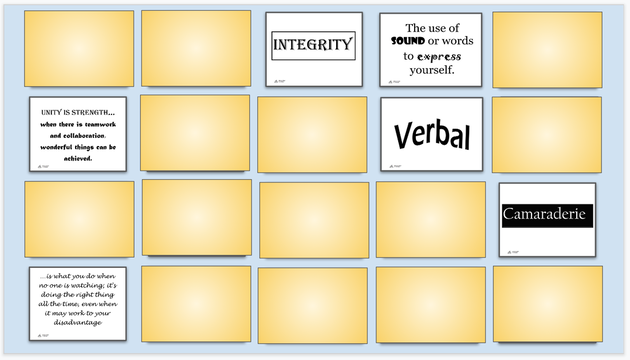
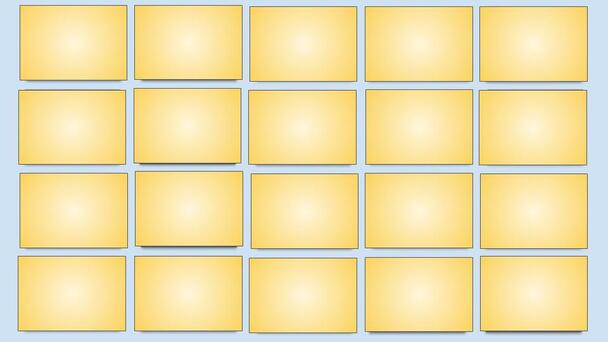
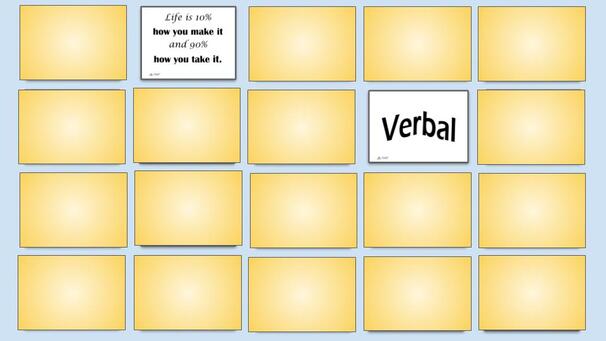
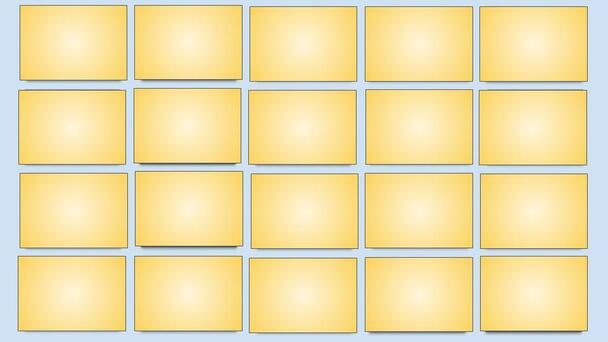
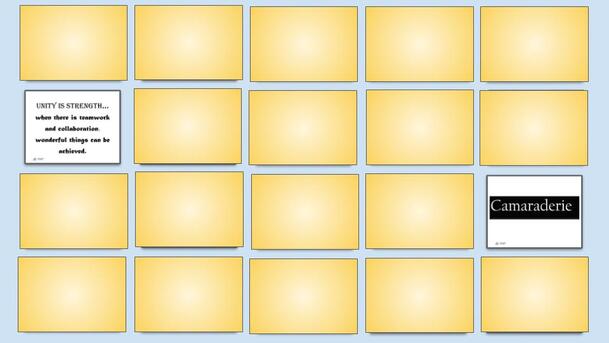
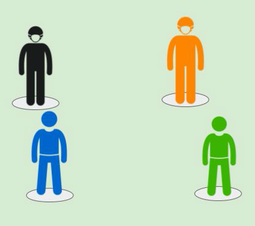
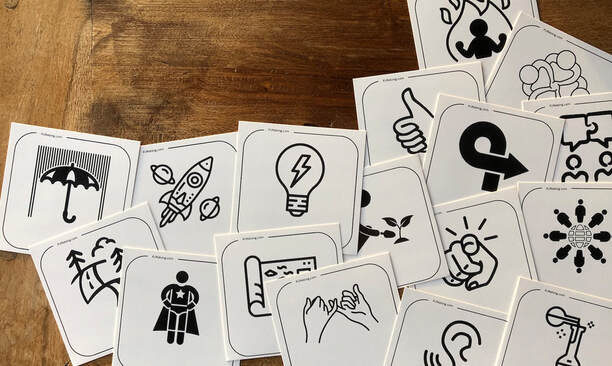
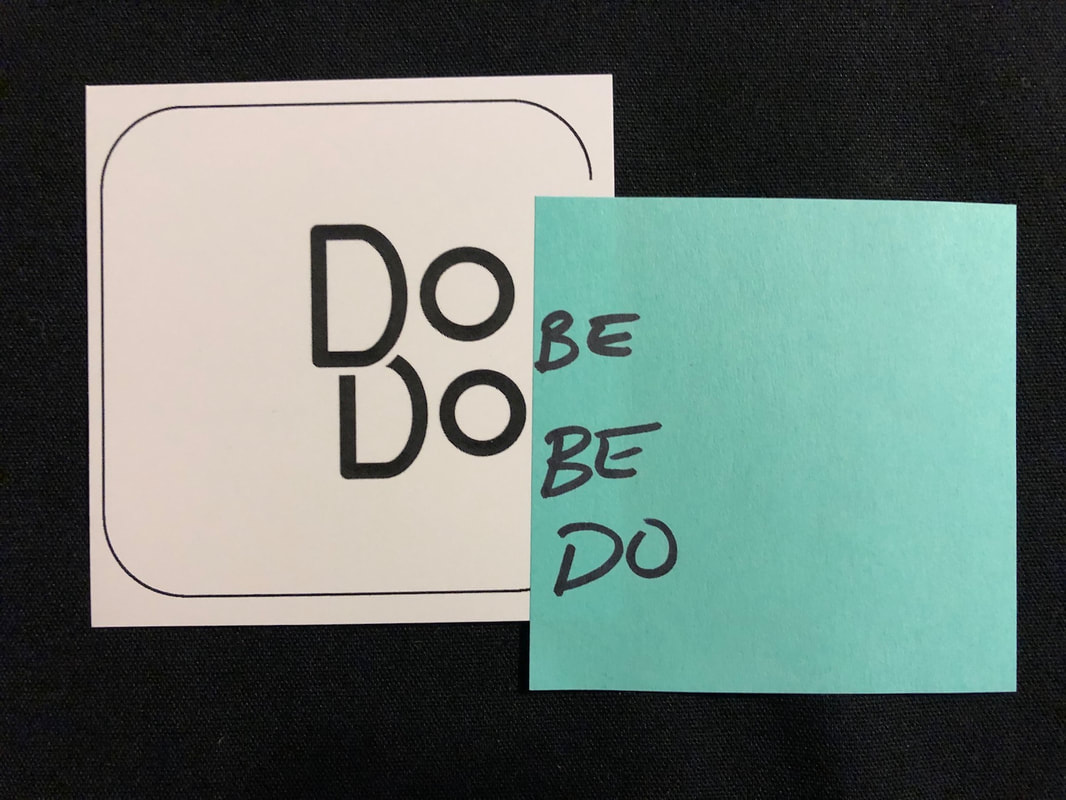
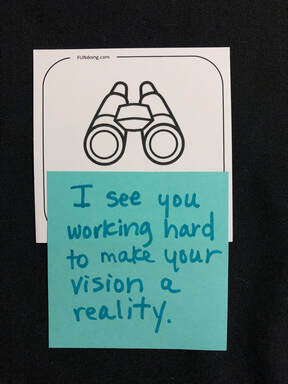
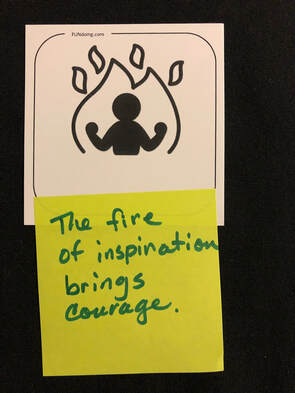
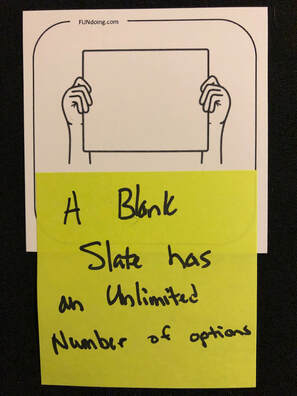
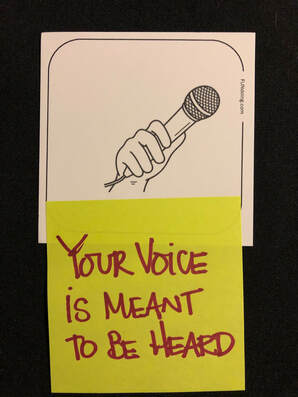
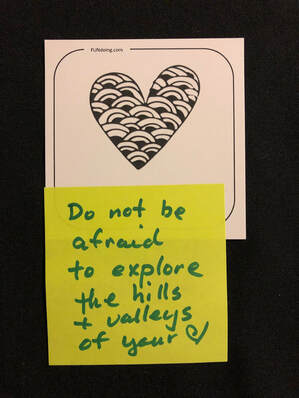
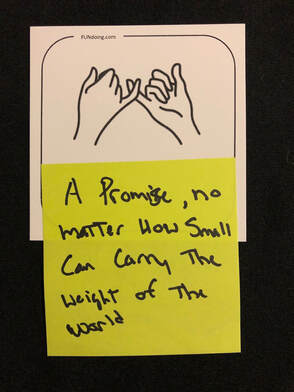
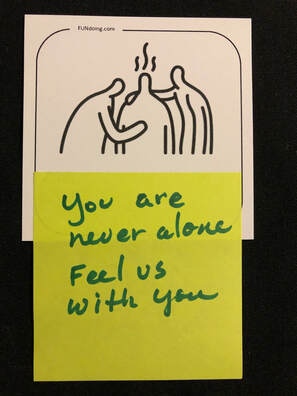
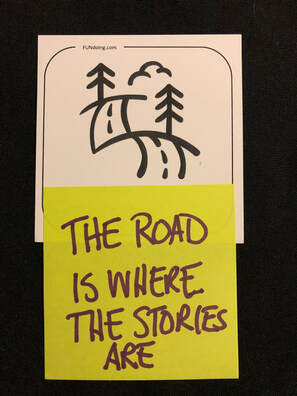
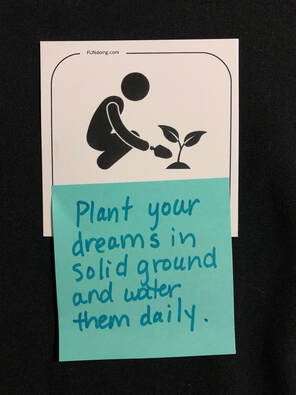
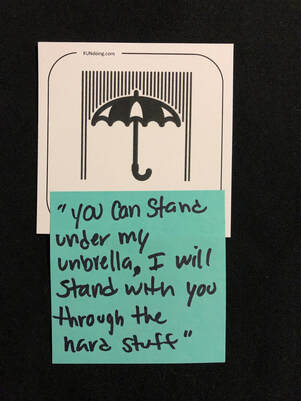
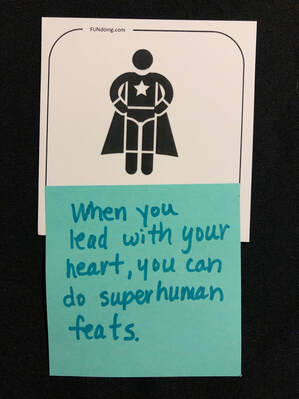
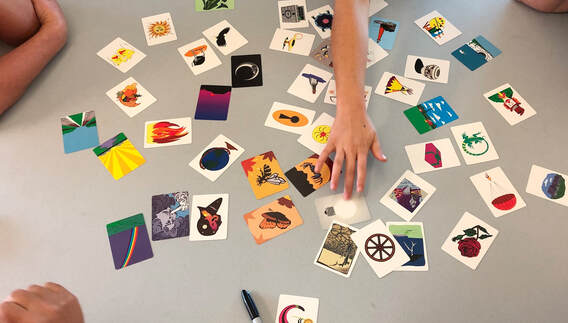
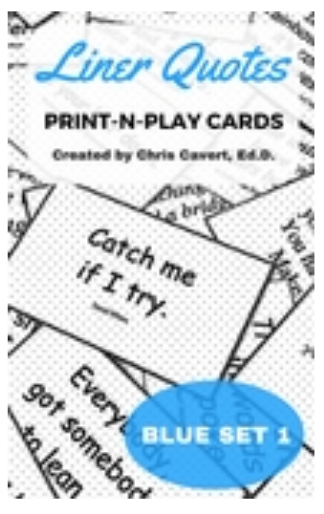
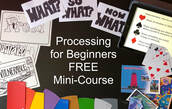
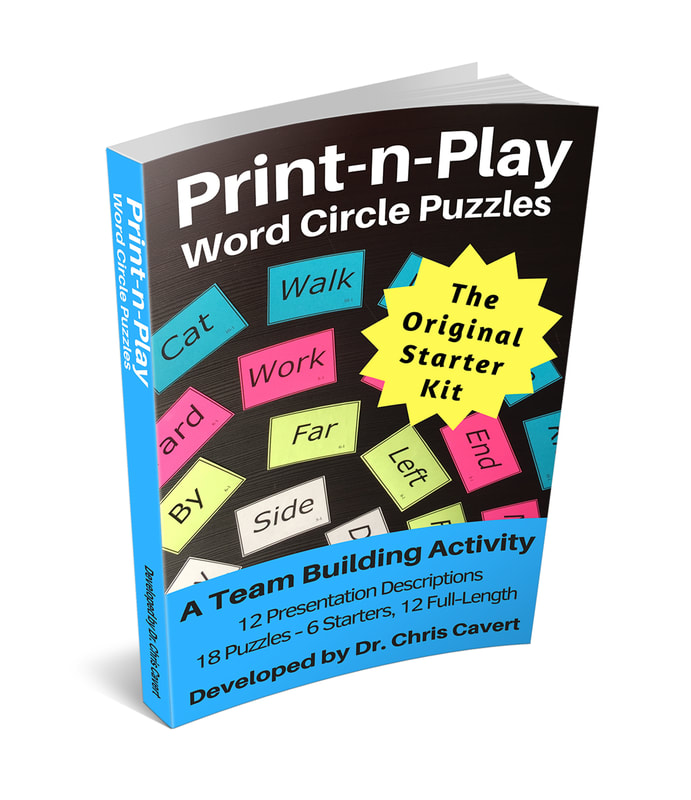
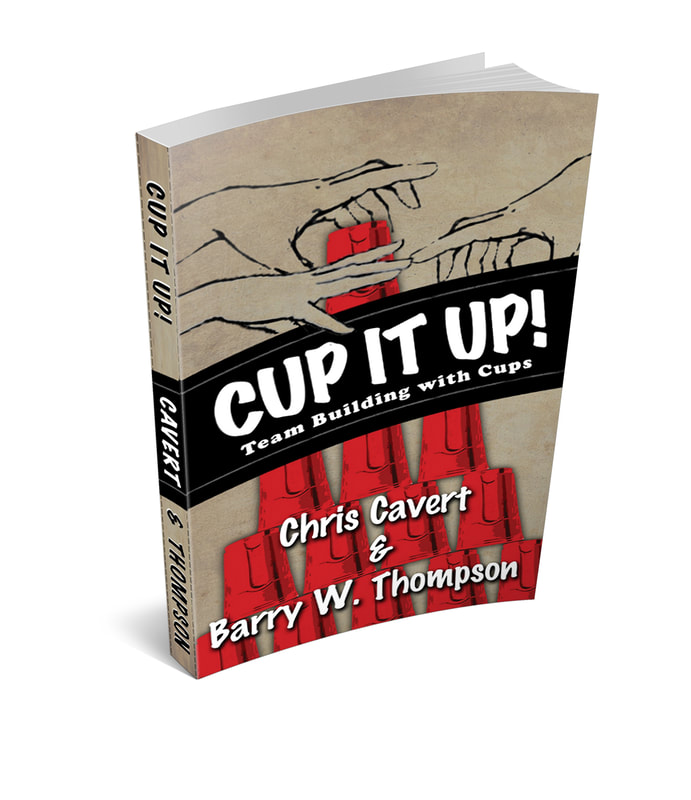
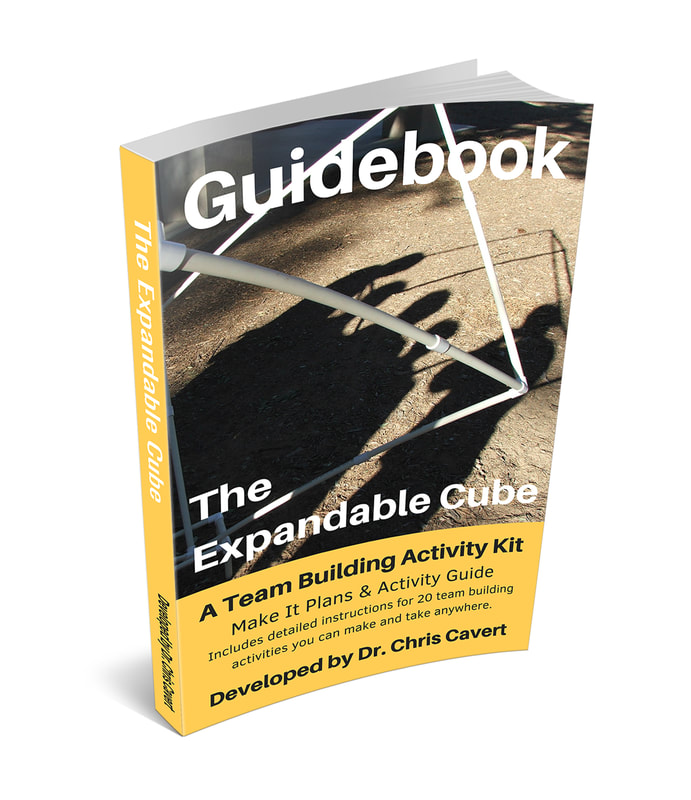
 RSS Feed
RSS Feed